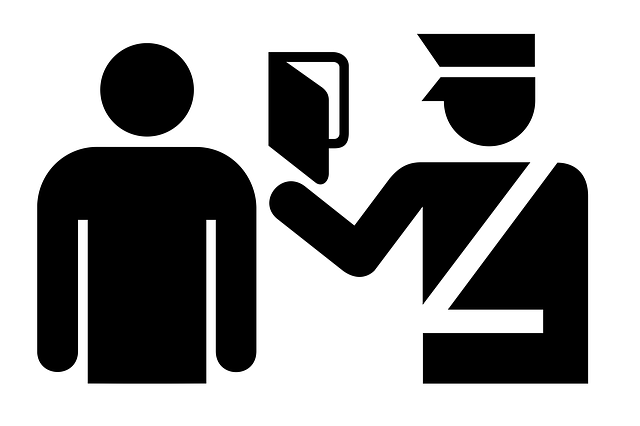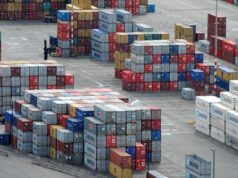The Philippine Bureau of Customs (BOC) has released an order defining limits in the exercise of customs jurisdiction and police power over suspected smuggled and prohibited import and export shipments.
Customs Administrative Order (CAO) No. 03-2019 was signed by Customs commissioner Rey Leonardo Guerrero on April 1 and Finance Secretary Carlos Dominguez III on April 8. The order operationalizes provisions of Republic Act 10863 (also known as the Customs Modernization and Tariff Act or CMTA) on the exercise of police authority.
Under CAO 03-2019, the customs bureau can exercise jurisdiction and control over all imports (consumption, warehousing, transit or admission to free zones) and all exports suspected of violating CMTA and related laws. Covered, too, are suspected smuggled goods and prohibited imports and exports found anywhere in the Philippines.
BOC also has jurisdiction over carriers and persons suspected to possess smuggled goods and prohibited imports and exports.
CAO 03-2019 implements a “clear and effective system in the exercise of customs jurisdictional control, from the moment imported goods enter customs jurisdiction and after release from customs custody, including exportation of goods.”
It establishes “transparent procedures for deputizing members of national law enforcement agencies (NLEA) and regulate(s) their exercise of police authority.”
Among those authorized to exercise police authority for the purpose of enforcing anti-smuggling laws are officials of BOC, district collectors, deputy district collectors, police officers, agents, inspectors, and guards of the bureau.
Also included, upon authorization of the Customs commissioner, are specifically named organic officers and members of the Armed Forces of the Philippines (AFP) and NLEAs, as well as officials of the Bureau of Internal Revenue (BIR) on all cases falling within the regular performance of their duties, when payment of internal revenue taxes are involved.
In his book “Understanding International Trade, Tariff & Customs”, international trade expert Atty Agaton Uvero explained: “Under previous administrations, customs police authority has been exercised by law enforcement agencies without the Bureau’s supervision and control.”
CMTA now “provided certain limitations to the exercise of police powers by law enforcement agencies. These agencies must clearly be authorized by the Commissioner and deputized officers must at all times carry their written authorization and present the same when requested,” Uvero, who was a former BOC deputy commissioner for Assessment and Operations, wrote.
Under CAO 03-2019, the exercise of police authority by customs officers is allowed in all premises used for customs purposes, including customs offices, facilities, warehouses, ports, airports, wharves, infrastructure and other premises in the customs districts, within the limits of the authority granted by the Customs commissioner. This is without prejudice to the general police power of local government units (LGUs), the Philippine Coast Guard (PCG), and law enforcement agencies in the exercise of their respective functions.
Customs officers can exercise their police authority on all lands, seas, and air within Philippine territory, including bays, coasts, harbors, rivers, and inland waters, whether navigable or not from the sea and any means of conveyance.
BOC can pursue imports subject to seizure during their transport by land, water, and air, and exercise jurisdiction to enforce the CMTA and other customs related laws.
BOC can also exercise police authority in free zones, provided that proper coordination with the zone authorities is observed at all times.
Considering the peculiar structure and organization of airports, free zones, postal facilities, and seaports, BOC shall enter into appropriate memoranda of agreement with agencies concerned for the effective performance of their respective mandates, including unhampered access to the premises given authorized customs officers.
The duly authorized search of vessels or aircraft and persons or goods shall not give rise to any claim for damage caused to the goods, vessel or aircraft, “unless there is gross negligence or abuse of authority in the exercise thereof,” CAO 03-2019 states.
Upon reasonable cause based on profiling or derogatory information received, travelers arriving from foreign countries may be searched and detained by customs officers. The dignity of the person under search shall be respected at all times, and female inspectors may be employed to examine and search persons of their same sex.
In applying customs control, BOC, under CAO 03-2019, shall employ audit-based controls and risk management systems, use automation to the fullest extent possible, and adopt a compliance measurement strategy to support risk management.
Under the order, BOC shall also endeavor to acquire and upgrade its own equipment and resources and coordinate with other government agencies to enhance its maritime law enforcement capabilities. – Roumina Pablo









